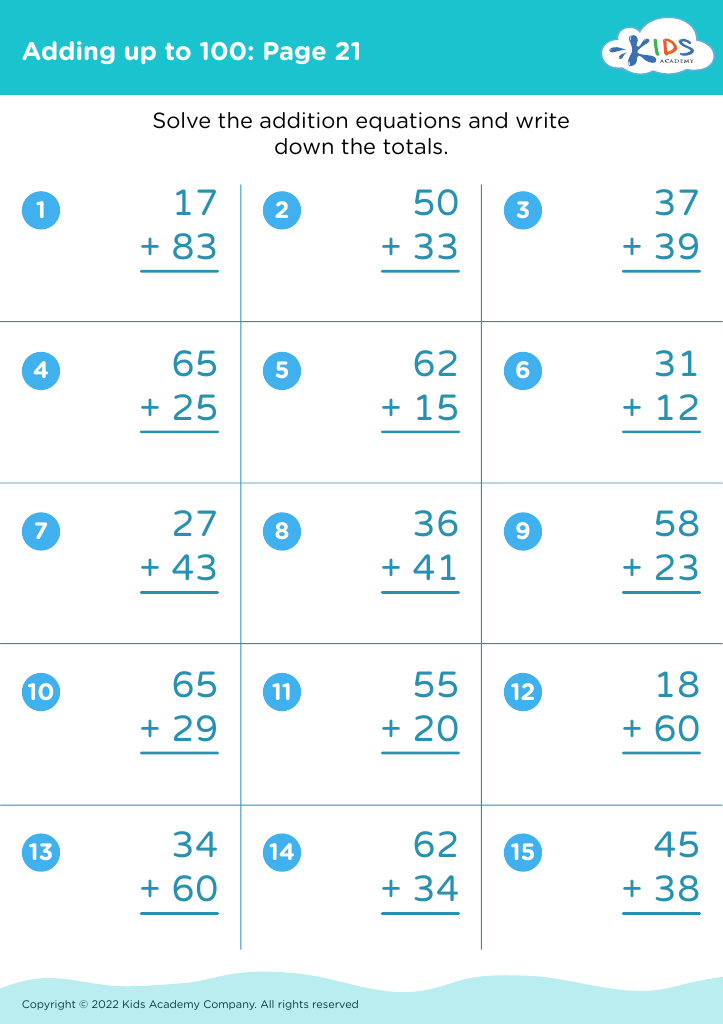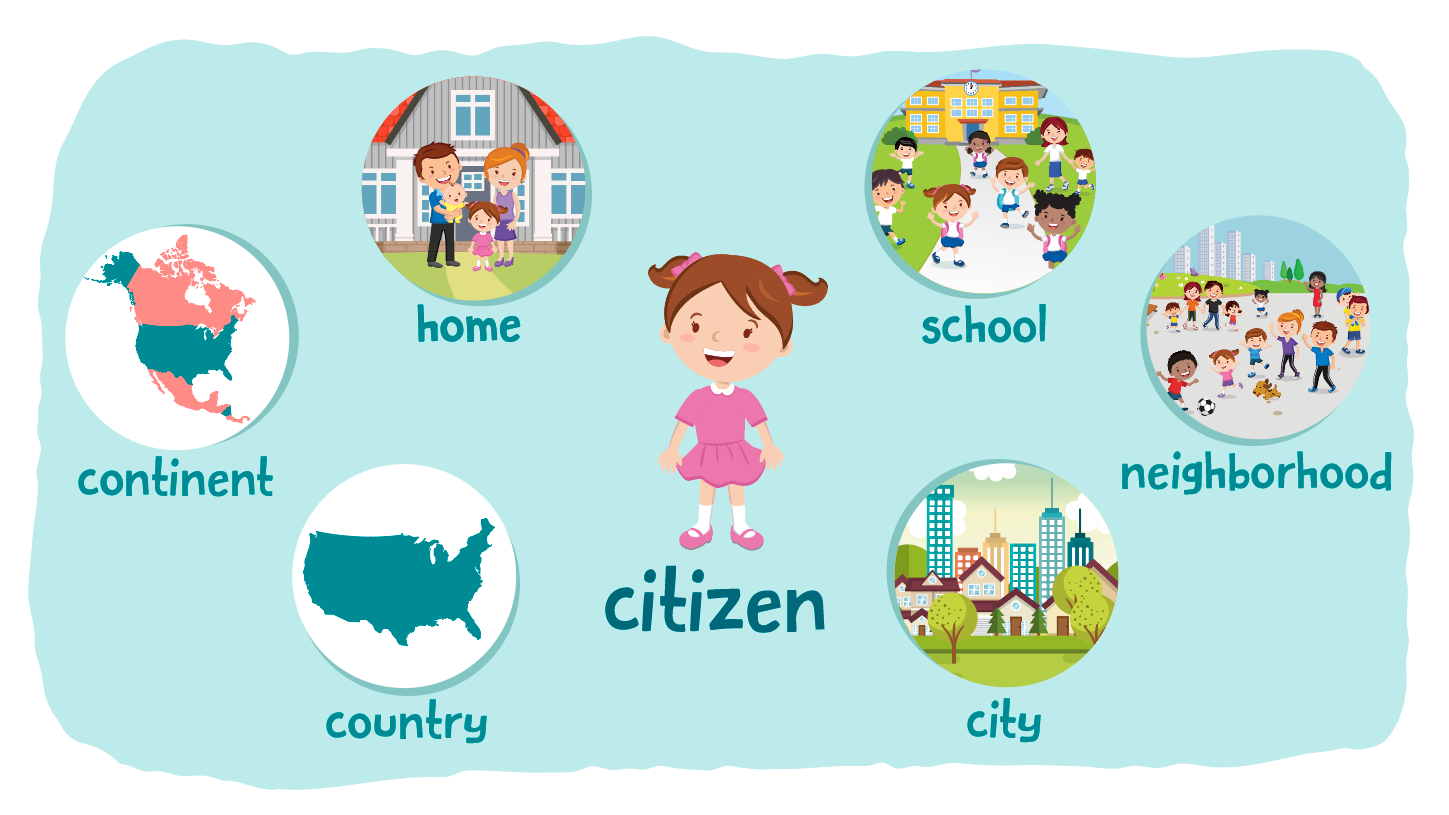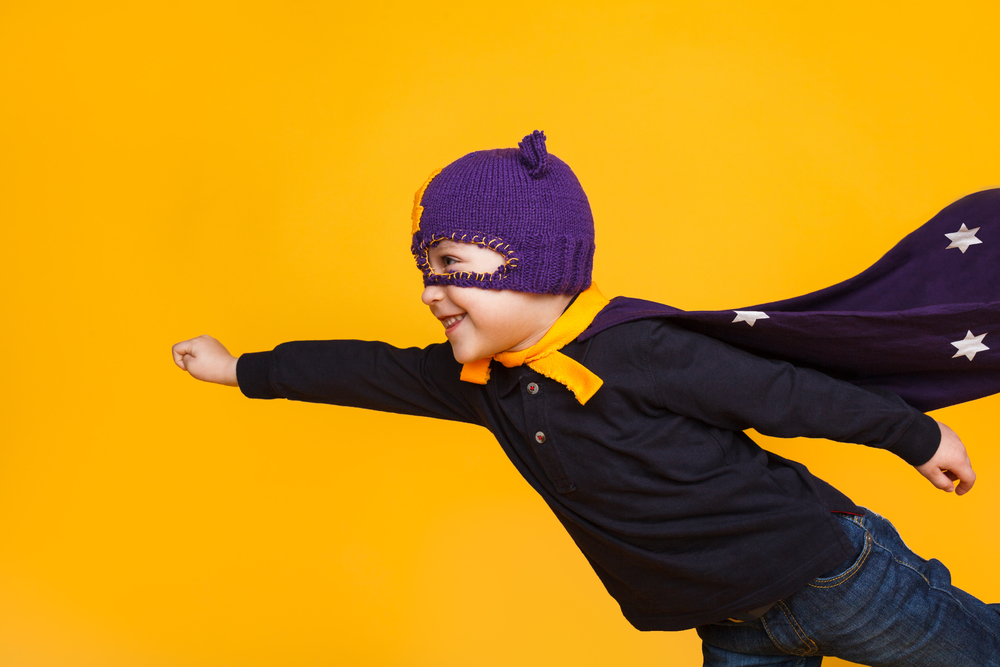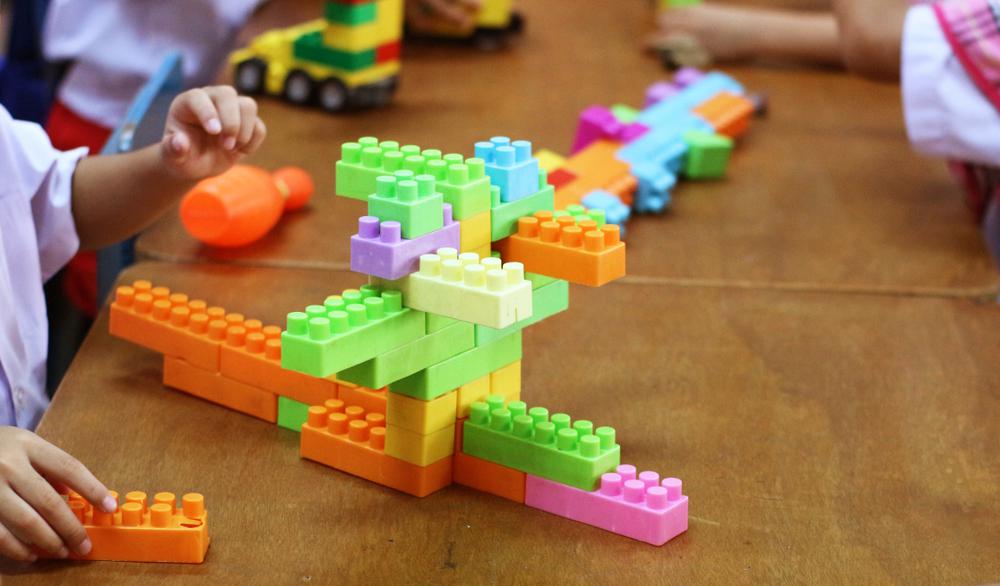Practicing Arithmetic Skills Worksheets for Ages 3-8
3 filtered results
-
From - To
Unlock your child's mathematical potential with our engaging "Practicing Arithmetic Skills Worksheets" designed for ages 3-8! These worksheets provide a fun and interactive way for young learners to develop essential math skills, ranging from basic addition and subtraction to counting and number recognition. Each worksheet is crafted to cater to different learning styles, ensuring educational enjoyment. With vibrant illustrations and a variety of exercises, your child will stay motivated while building confidence in their arithmetic abilities. Perfect for parents and educators alike, these resources facilitate effective learning at home or in the classroom. Start exploring the joy of math today!
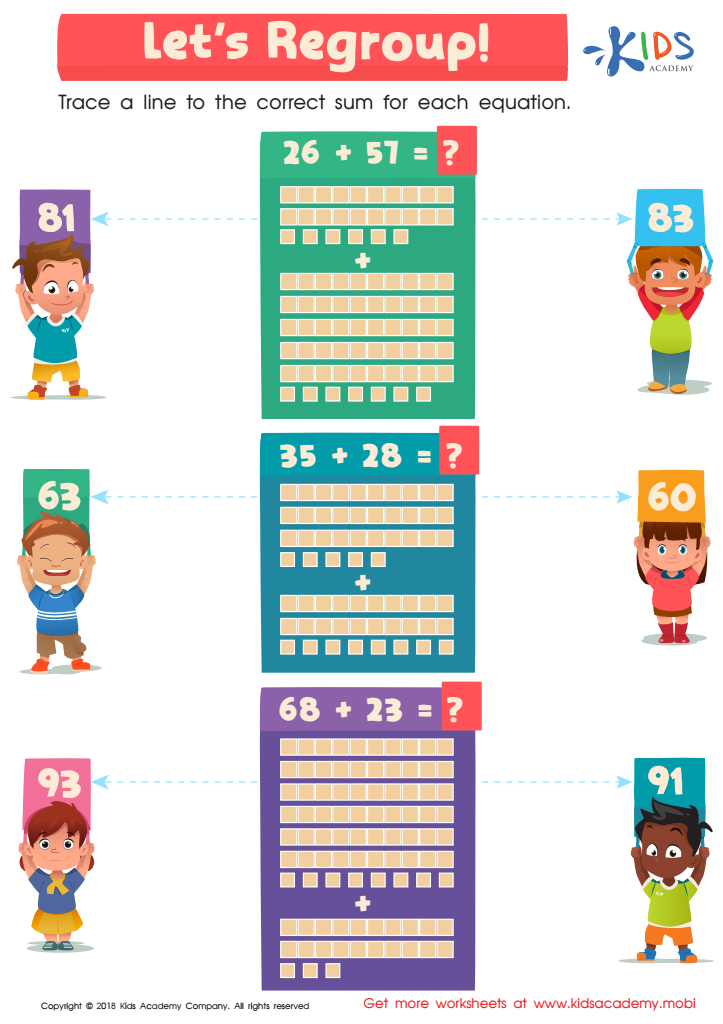

Let's Regroup Worksheet
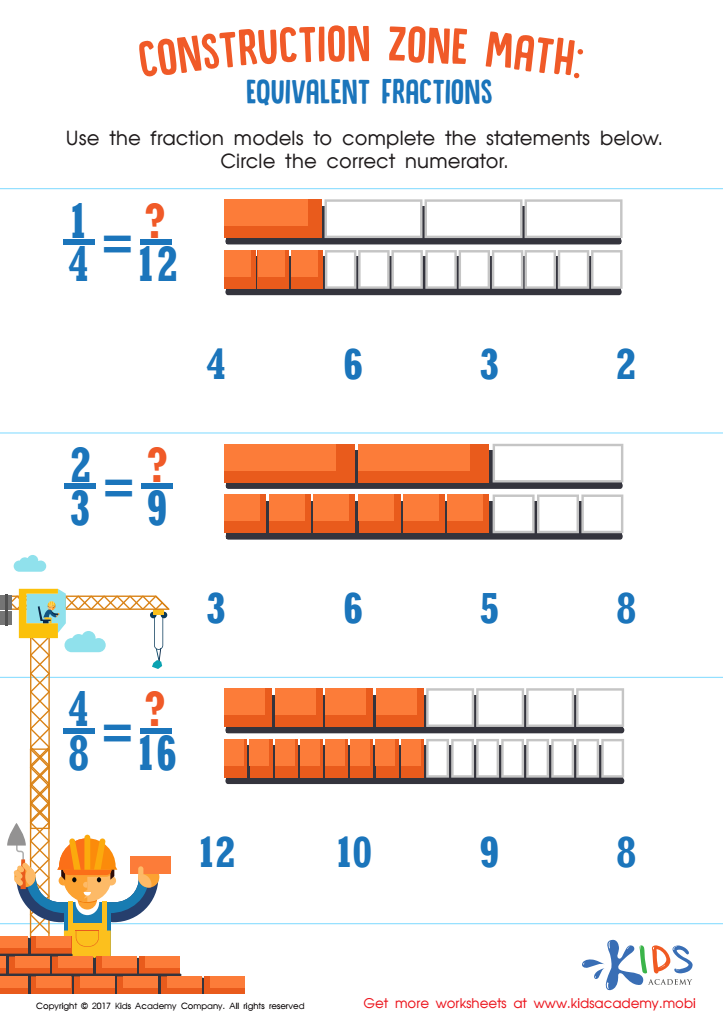

Equivalent Fractions Worksheet
Practicing arithmetic skills in early childhood, from ages 3 to 8, is crucial for several reasons. Firstly, this foundational stage of development plays a key role in shaping children’s future academic success. Early arithmetic skills serve as building blocks for later mathematical concepts, and a strong grasp of basic addition and subtraction can foster confidence in math.
As children engage in arithmetic, they also develop critical thinking and problem-solving skills. Through hands-on activities like counting, sorting, and simple calculations, children learn to approach challenges logically and systematically. Additionally, early math practice promotes cognitive development, enhancing memory and concentration.
Furthermore, mathematics is not just an academic discipline; it embeds itself in daily life. By fostering these skills early on, parents and teachers help children understand the practical applications of math—like budgeting or measuring—enabling them to navigate the world with greater ease and independence.
Overall, nurturing basic arithmetic skills in young children builds a robust foundation for both their academic journey and everyday life, ultimately equipping them with the essentials for lifelong learning and success. Investing time into these skills early on pays significant dividends as children progress through their educational experiences.
 Assign to My Students
Assign to My Students
